Anti-poverty measures
Romanias prime minister Dacian Ciolos has announced an integrated package of anti-poverty measures for all ages.

România Internațional, 11.02.2016, 14:15
The government in Bucharest on Wednesday launched an anti-poverty programme worth over 1 billion euros, to be financed by the state budget and European funds, the government’s spokesman Dan Suciu has announced. The package is split into different age categories and targets all persons at risk of poverty. Prime minister Dacian Ciolos warned that many people in Romania are below the poverty line, including 1.7 million children, especially in the rural areas. He recalled that Romania does have a national anti-poverty strategy, but something needs to be done to implement it. He said the programme must be carried out in stages to support people at risk of poverty from birth until end of life.
Dacian Ciolos: “Apart from support for medical screening, we must ensure that all new-born children have access to vaccination and receive an identity. Our goal when it comes to children of pre-school age is to provide them with school supplies, clothing and vitamin supplements.”
The prime minister also said that plans are under way to expand existing programmes for school-age children with the help of European funds, and to develop assistance programmes for young people who dropped out of school early, to resume their education or find a job. As for people over 65, here’s what the government has in mind.
Dacian Ciolos: “For older people we are working on a programme called ‘the grandparents of the community’ which would allow older people to work as child minders within an organised network.”
Other projects aimed at people over the age of 65 include the creation of multifunctional community centres, providing guarantees for older employees and funding home care programmes for the elderly. The government’s planned anti-poverty package also entails programmes aimed at preventing abandonment of infants in hospitals, providing needy families with social housing and assistance to improve their homes, preventing the separation of children from their families, helping day workers and guaranteeing micro-loans at lower interest rates for entrepreneurs from disadvantaged environments.
The package, which entails 47 different measures, will be presented in greater detail next week before being discussed with NGOs, the academic community, representatives of local authorities and the potential beneficiaries of these programmes.
(Translated by Cristina Mateescu)






























